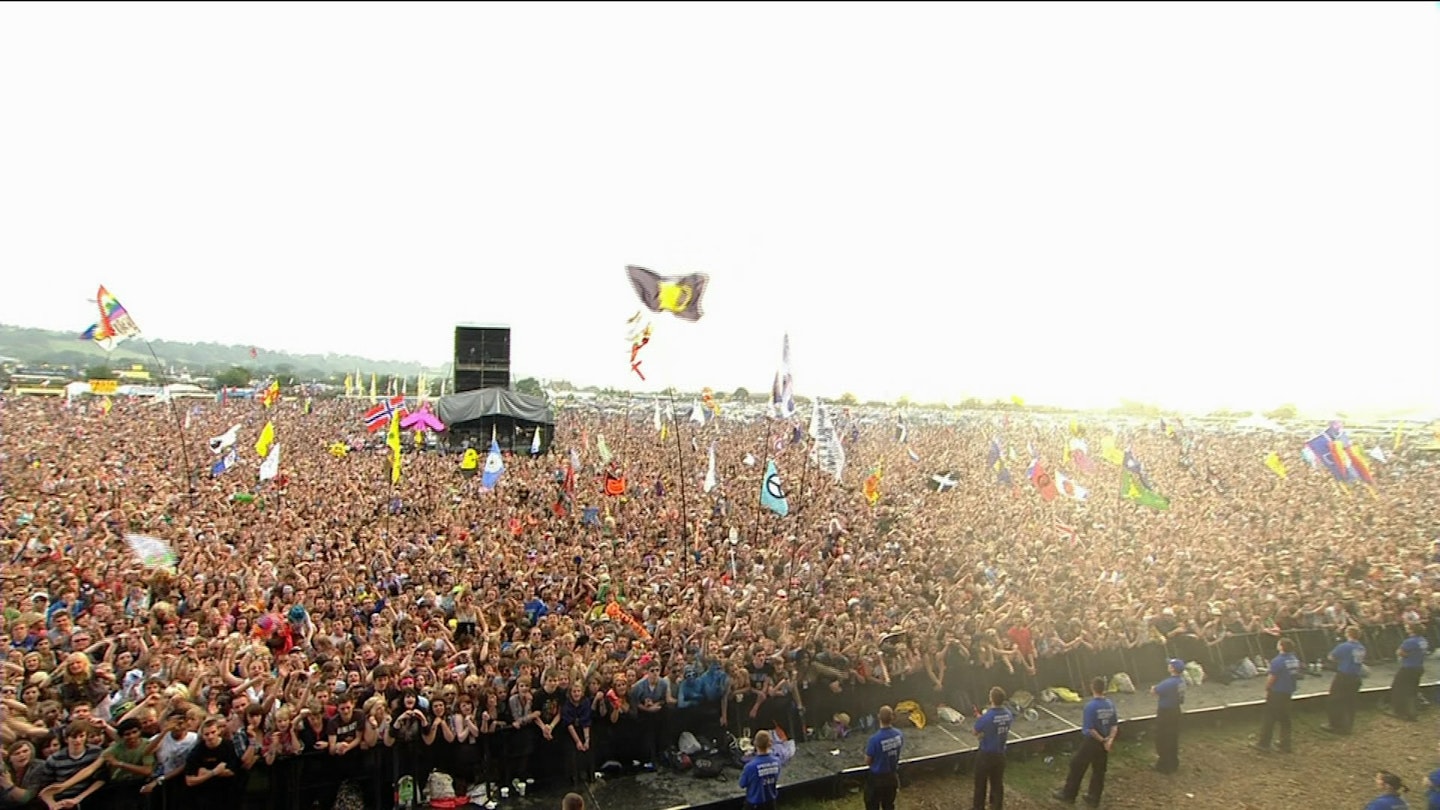So much has been said about the planet’s biggest, most mythologised music festival that the prospects of a filmmaker adding anything new would seem slim. Yet Julien Temple has fashioned a film that is as sprawling, exuberant and kaleidoscopic as the festival it celebrates, a quicksilver collage of performance footage, home movies, interviews with avuncular promoter Michael Eavis and outtakes from Nicolas Roeg’s film of the original 1971 event.
At heart, Glastonbury is a film about English counterculture, with Eavis emerging as a decent man constantly forced to reconcile his idealism with brute reality.
For every symbol of communal euphoria there is an image of strife or commercial compromise: a would-be gatecrasher nursing a bleeding head after a run-in with security, a Natwest flag fluttering sinisterly above a cashpoint. “I miss the travellers,” Eavis reflects. “We lost the edge, really.”
Such clear-eyed honesty gives the film unexpected emotional clout, helped immeasurably by the use of music. The closing montage, soundtracked by David Bowie’s anthemic Heroes, is so stirring that seasoned festivalgoers may well find their eyes moistening. Eavis calls Glastonbury “a survival of good over evil”. That’s high praise for a weekend of people getting off their heads in a field, but it’s a measure of Temple’s achievement that you’d be hard-pressed to disagree.
